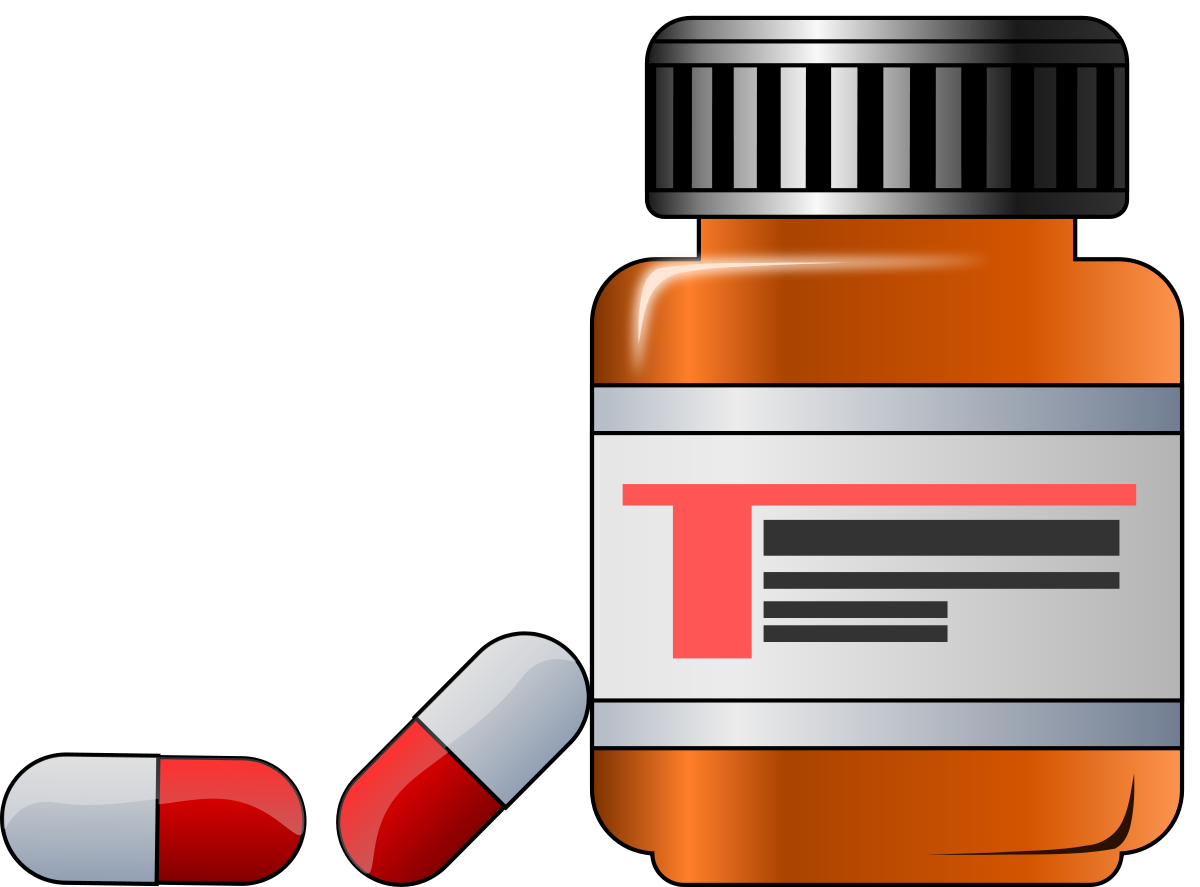What causes lupus?
miércoles, octubre 02, 2019
|

The direct causes of lupus are extremely difficult to identify, but scientists think that lupus is triggered by certain environmental factors (UV light exposure, infections, stress or smoking) in combination with specific genes. Pregnancy is also a common trigger for women. Because lupus is most commonly found in women during childbearing years, researchers have thought that the female hormone estrogen may play a key role in the advancement of lupus.
There also have been hundreds of drugs identified which can induce lupus. Drug-induced lupus typically happens when the body overreacts to a medication taken and mistakenly attacks healthy tissues.
The most common drugs known to induce lupus include:
- Isoniazid
- Hydralazine
- Procainamide
Other less common drugs known to cause lupus include:
- Anti-seizure medicines
- Blood pressure medications including hydrochlorothiazide
- Capoten
- Chlorpromazine
- Tumor necrosis factor (TNF) alpha inhibitors (such as etanercept, infliximab, and adalimumab)
- Methyldopa
- Minocycline
- Quinidine
- Sulfasalazine
- Levamisole, typically as a contaminant of cocaine
The symptoms of lupus tend to occur after taking a drug for a period longer than 3 to 6 months.
Seek medical attention if:
- You develop symptoms of lupus when taking any of the medications listed above.
- Your symptoms worsen or do not improve after you stop taking the medication which caused the condition.
Sources:
- https://medlineplus.gov/ency/article/000446.htm
- https://www.mayoclinic.org/diseases-conditions/lupus/symptoms-causes/syc-20365789
- https://www.medicalnewstoday.com/articles/301426.php
- Photo: Medicine Drugs; Credit: ernes, Wikimedia Commons
- Special thanks to Dr. Maggi Ahmed for clinical insights